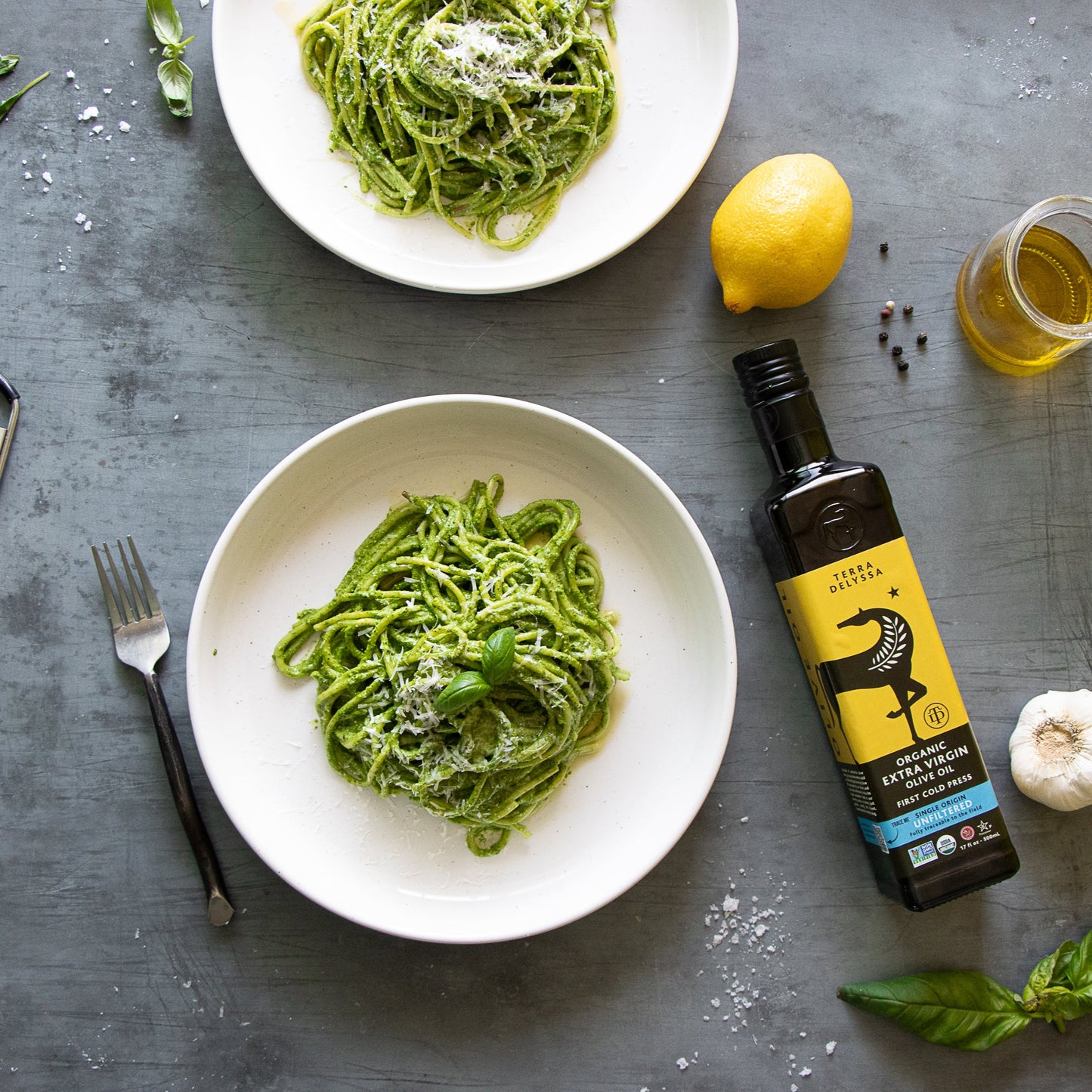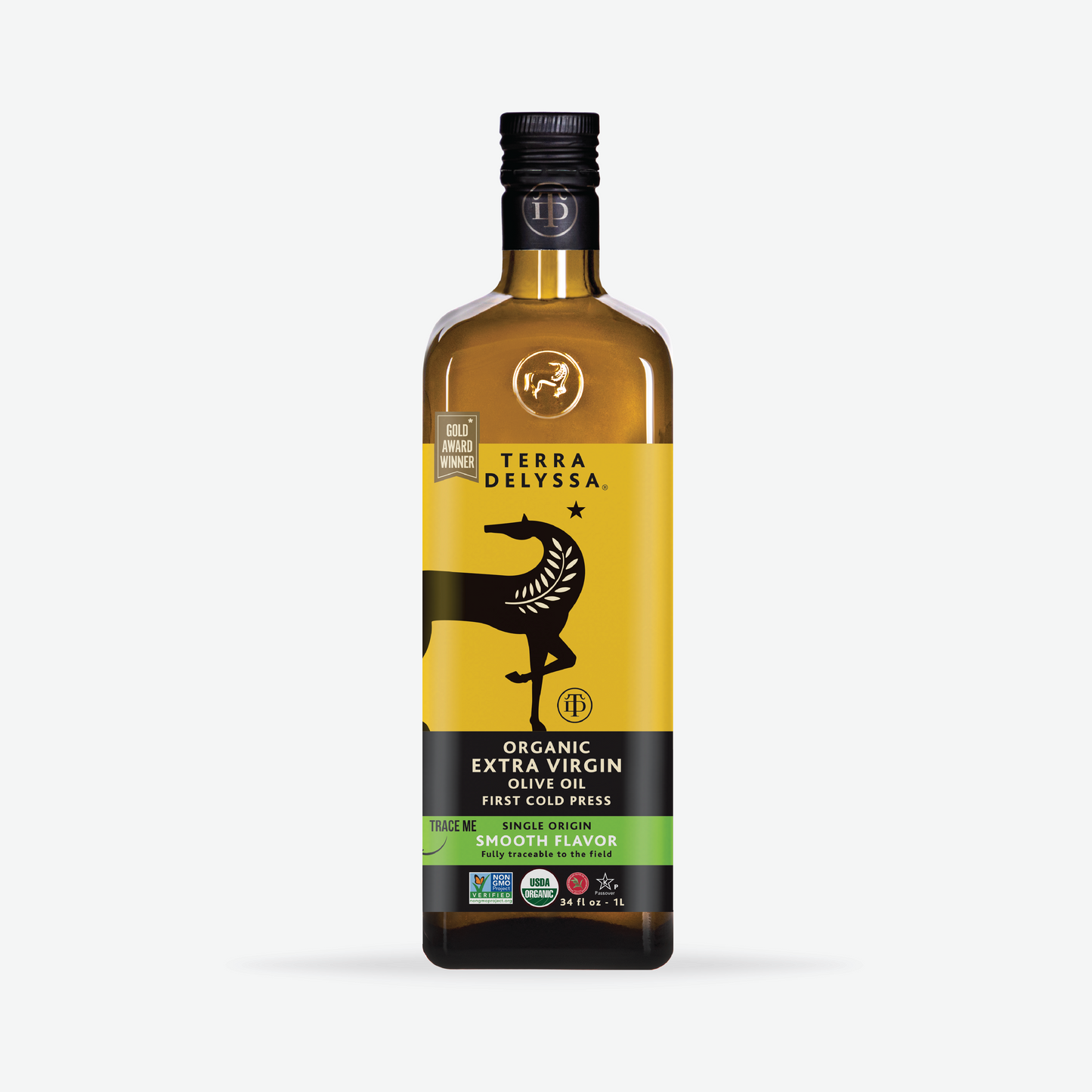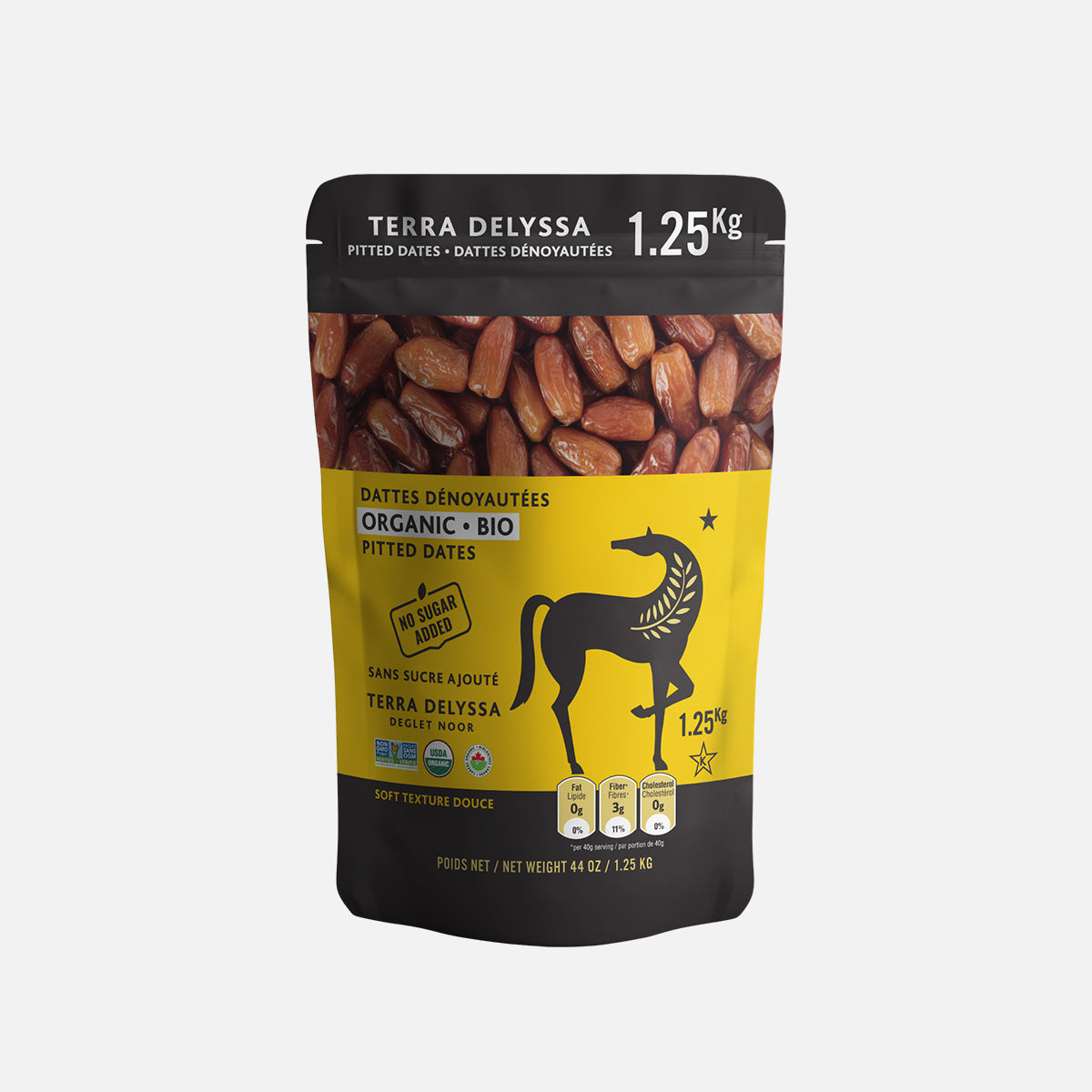
Introduction Olive oil has long been celebrated as a cornerstone of the Mediterranean diet and a symbol of heart health. But did you know it’s not only rich in dietary fat but also packed with powerful antioxidants? The American Heart Association recognizes olive oil as one of the plant-based edible oils with the highest monounsaturated fats. Oleic acid, a type of monounsaturated fatty acid, helps regulate heart health, while polyphenols act as antioxidants, preventing the oxidation of LDL (bad) cholesterol. In this guide, we’ll dive deep into the heart health benefits of olive oil, how to choose the best type, and how much you should consume daily.
What Makes Olive Oil Healthy? Olive oil, especially extra virgin olive oil, is rich in monounsaturated fats, polyphenols, and oleic acid. These compounds work together to:
- Reduce bad cholesterol levels.
- Improve overall heart function.
- Combat inflammation caused by chronic diseases such as type 2 diabetes and arthritis.
Types of Olive Oil and How They Are Produced
- Extra Virgin Olive Oil (EVOO): Cold-pressed and minimally processed, it retains most of its nutrients and antioxidants.
- Virgin Olive Oil: Slightly more processed but still contains beneficial nutrients.
- Refined Olive Oil: Processed, resulting in lower nutritional value.
- Pomace Olive Oil: Made from leftover olive pulp and less suitable for health-conscious consumers.
For maximum health benefits, always choose extra virgin olive oil produced through cold pressing.
Olive Oil and the Mediterranean Diet The Mediterranean diet emphasizes whole grains, fruits, vegetables, lean proteins, and healthy fats, with olive oil as a primary source of dietary fat. Studies show that consuming olive oil regularly in this diet can:
- Reduce the risk of cardiovascular diseases.
- Lower the risk of type 2 diabetes.
- Improve cholesterol levels.
The Role of Olive Oil in Heart Health Olive oil’s high content of oleic acid and polyphenols contributes to its heart-protective properties. These compounds help reduce inflammation, prevent arterial plaque buildup, and improve blood vessel function.
How Much Olive Oil Should You Consume Daily? Experts recommend consuming 1-2 tablespoons of extra virgin olive oil daily. Whether drizzled over salads or used in cooking, moderate consumption supports optimal heart health.
Incorporating Olive Oil into Your Daily Diet
- Use extra virgin olive oil as a salad dressing.
- Drizzle it over grilled vegetables.
- Substitute butter with olive oil in recipes.
- Add a spoonful to your morning smoothie.
Conclusion Olive oil isn’t just a kitchen staple—it’s a powerful superfood packed with essential nutrients and antioxidants. By choosing high-quality extra virgin olive oil and incorporating it into your daily meals, you’re not only enhancing flavors but also taking a proactive step toward better heart health. Embrace the Mediterranean secret and make olive oil a part of your everyday routine!
References:
https://www.heart.org/en/news/2022/09/28/the-benefits-of-adding-a-drizzle-of-olive-oil-to-your-diet
https://www.sciencedirect.com/science/article/abs/pii/S0378512218306522
https://www.sciencedirect.com/science/article/abs/pii/S1470204500000152
← Older post Newer post →





